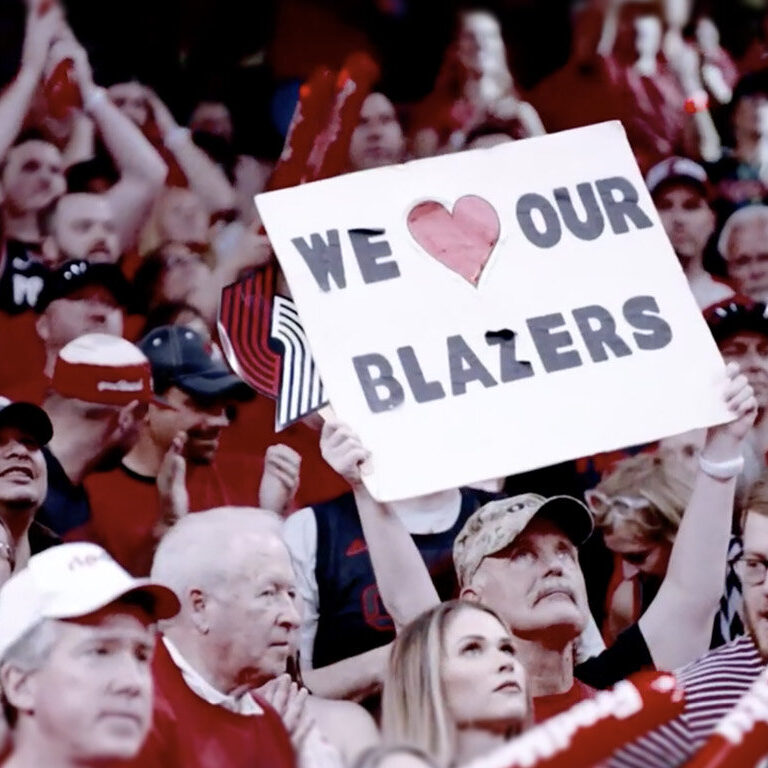To quote the great Mark Ritson (and when I say “great”, I mean my absolute favourite columnist who doesn’t hesitate to say it exactly as it is) “we should not shy away from talking about customers and business in the age of coronavirus.” That’s the theme of this post – that while I love reading about all these creative ideas rights owners have come up with to beat the COVID-19 blues, from Leyton Orient’s Quaran-Team to the Utah Jazz Player Podcasts, I’m looking at these executions and wondering why they’ve been put together with a short term view: where’s the ACV plan? (ACV = after Coronavirus, BCV = before Coronavirus).
Vanity Metrics vs Business Metrics
I think we’ve now all accepted that data is important to us – some of us may still be trying to figure out what, why, and how – but at it’s very basic, we all know a marketing opt-in has a value to us. So why, when people are desperate for distractions and entertainment that results in unrivalled levels of digital engagement, are we not thinking about the legacy of these great platforms or concepts we’re putting out there? Why are we still counting the vanity metrics (likes, RTs, shares, etc.) as opposed to the business metrics – which as a CRM practitioner, for me will focus on the quantity and quality of the customer data in a marketing automation platform.
A perfect case study in this is Ironman’s new Virtual Club. I’m a huge Ironman fan. While I know the ITU is the governing body, it’s the Ironman brand that first drew my attention to the sport and, while I’ve no more chance of completing a triathlon than I have of recording a compilation album of operatic arias, I’ve followed the incredible growth of the sport with interest, followed by my admiration for triathletes of any level.
Why Ironman, Why?
The Ironman Virtual Club was in development BCV but as Andrew Messick, president & CEO of The Ironman Group so succinctly put it “Extraordinary times call for innovation and creativity” and while of course he’s right, I come back to Ritson’s sentiment “marketers need to think long-term”. But in the execution of the Ironman Virtual Club a lot more focus seems to have gone on the creative execution than the long-term opportunity – and I say this just by looking at their sign-up form. NO MARKETING OPT-IN TICKBOX! Why not? Why do they allow a fan/participant/customer to go through a further 7 clicks before they’re invited to hear from Ironman?
Of course, there’s an argument/discussion/debate to be had around the optimum time to ask for an opt-in but when the customer journey to register already has so many steps, we always recommend the opt-in comes early, before user fatigue kicks in. (On that point, I don’t mind admitting I’m one of the people that the folks at Gasp refer to with disdain in their brilliantly funny Delusions of Brandeur – I often use the massively misinterpreted “attention spans shorter than a goldfish” line but I take mine from Time, Inc. so that’s o.k. isn’t it?)
Conversion Planning
So here’s my contribution to the discussion around filing sport’s indefinite hiatus (with thanks to Michael Long for that descriptor): while you’re planning your creative executions, remember that if you add a marketing opt-in tick box, you exponentially increase your chances of converting a digital visitor’s initial interest into a lifelong passion, their participation in a virtual experience into a financial transaction, and a sofa experience to an in-stadium one. After Coronavirus.
We spend a lot of time advising clients on how to build forms, taking the front end, back end, data flow, and customer journey into account, so if you’re planning your social distancing boredom-busters and want it to add some ACV thinking to it, please get in touch – we’d love to talk to you.





